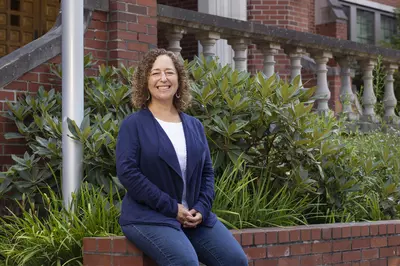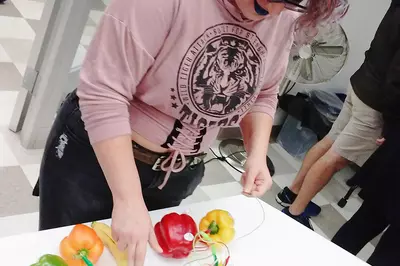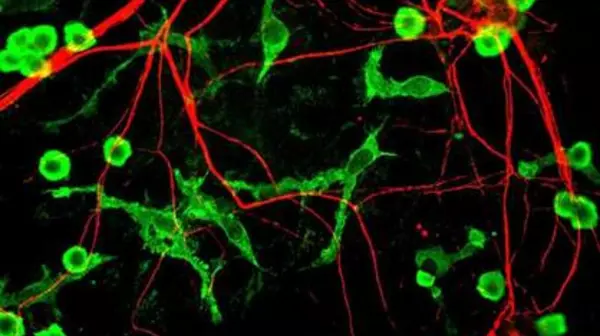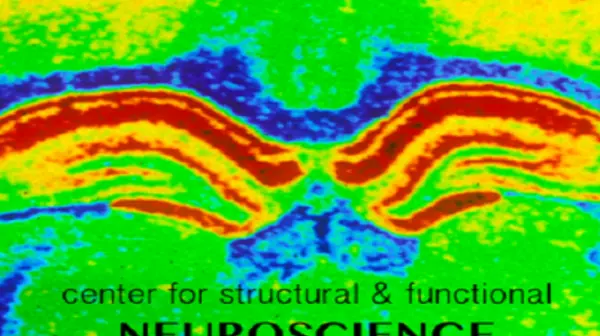The Neuroscience Program provides a forum for faculty and students interested in the sub-disciplines within the field of neuroscience.
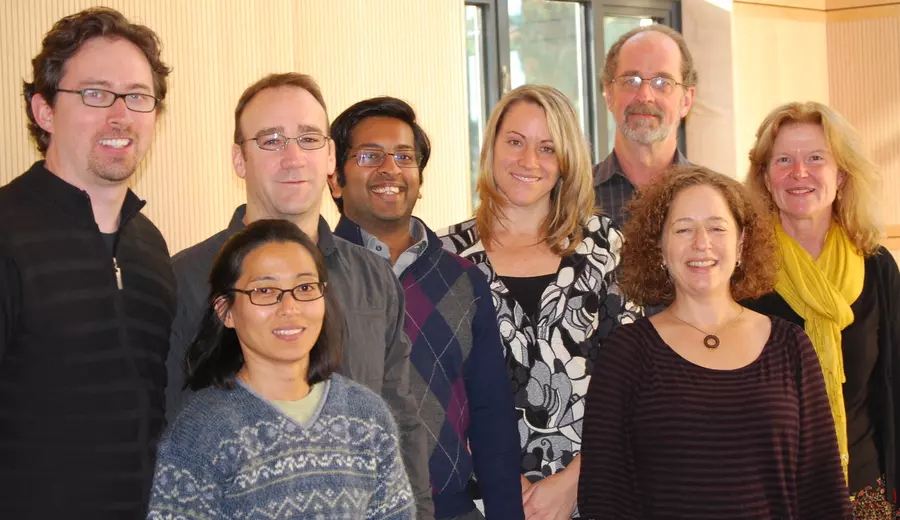
L-R: Justin Tiehen, Gary McCall, Siddharth Ramakrishnan, Jill Nealey-Moore, Martins Linauts, Catherine Hale, Jung Kim, Stacey Weiss

